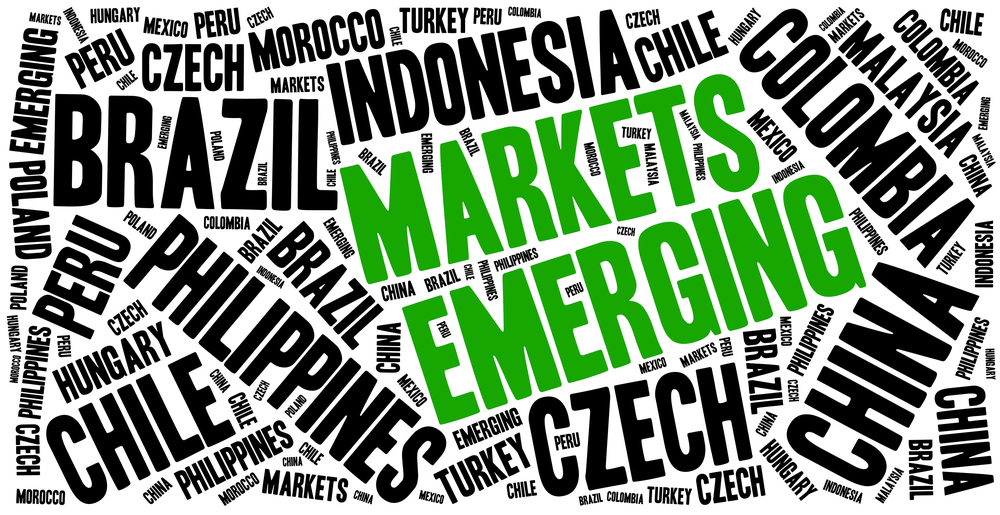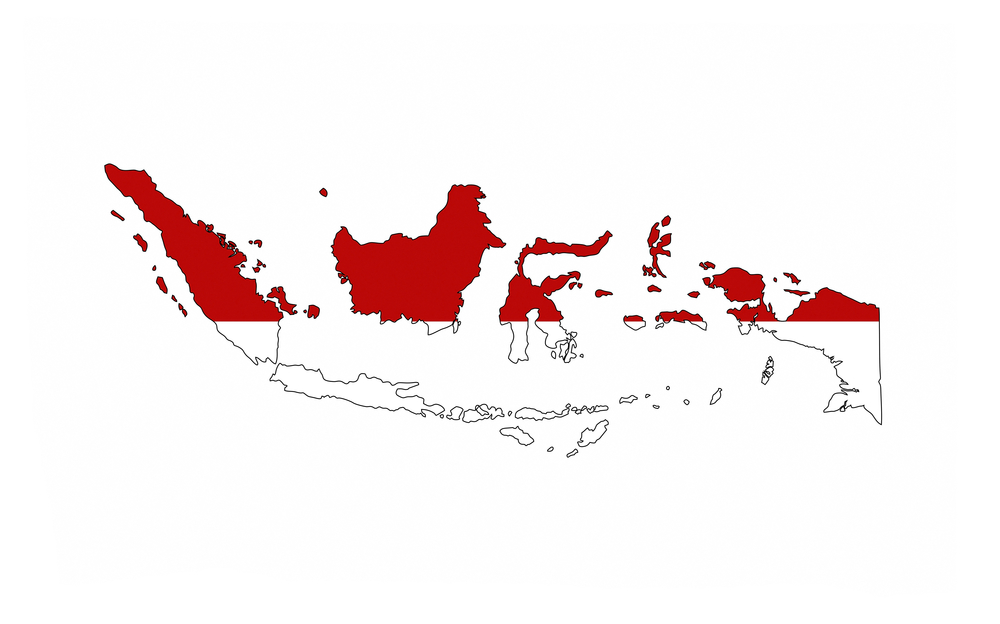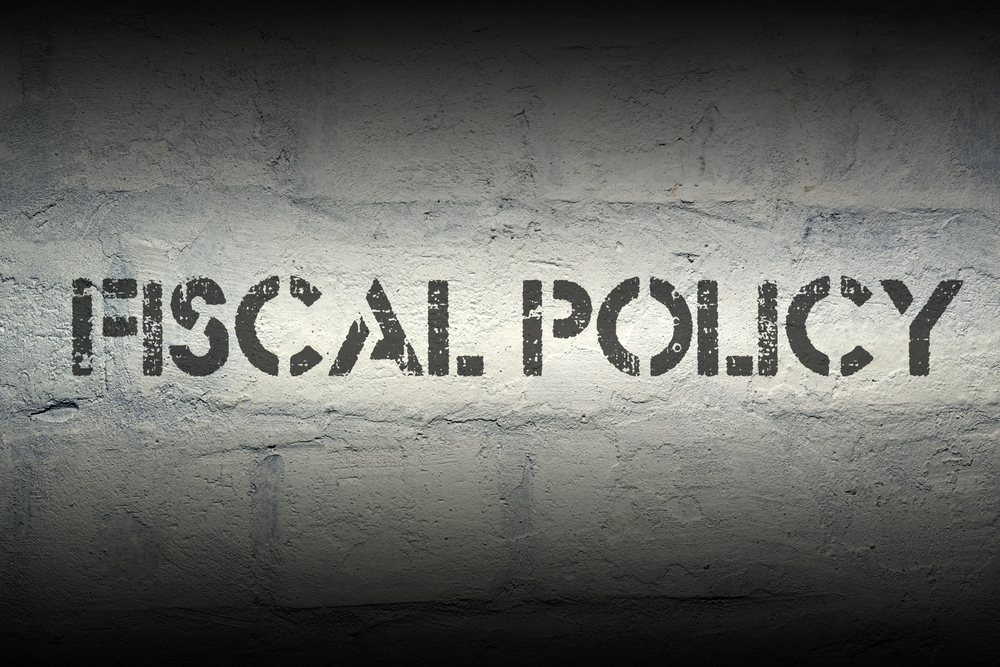Emerging Market Central Bank Meetings Continue this Week
EM starts the week on an uncertain footing. Commodity prices were off sharply until comments by Saudi Arabia lifted them, reversing the trend in commodity-sensitive assets. The dollar is also back on the rise, pressuring EM FX even as a...
China’s Hoped For Demographic Changes Likely a Long Way Away
On 29 October 2015, the 18th central committee of the Chinese Communist Party (CPC) issued a communiqué allowing all Chinese couples to have two children. The new policy will come into effect from March 2016 after formal ratification by the...
The IMF Yuan SDR Inclusion Leads Emerging Market News
1) Mexico's FX commission tweaked its intervention program slightly; 2) The political tide in Brazil has turned slightly better for the government; 3) The PBOC announced a rate cut for its Standing Lending Facility (SLF) for local financial institutions; 4)...
Oil Stocks not Going the Way of the Dodo Yet
Are oil and gas companies going the way of big tobacco? Not soon, it would seem. The UK stock market counts Royal Dutch Shell and BP in its top five stocks by market value. In the US, Exxon vies with...
Indonesian Diplomacy Uses ASEAN to Gain Some Leverage
Since President Joko Widodo (Jokowi) took office, he has been clear and consistent in explaining his foreign policy priorities, enunciating the principle of putting ‘national interest’ first. Putting national interest first is to be expected in a leader’s foreign policy....
Britain Ups its Craft Beer Game
The traditional worldview of the British pint is of something warm, flat, and rather unpleasant. However, the recent signing of a multi-million-pound deal to supply barley to China underlines the extraordinarily far-reaching esteem in which the world holds the British...
A Lenient EU May Become More So
The EU is warning that Austria, Italy, and Lithuania are at risk of not achieving their 2016 budget goals. It also warned Spain that is too might miss its target. Nevertheless, the EU said there were no serious violations. The...
The Rise of Filipino Federalism
Federalism is a buzzword in the Philippines these days. A former chief justice of the Supreme Court, Reynato Puno, recently launched a highly publicised national renewal movement, Bagong Sistema, Bagong Pag-asa (New System, New Hope), calling for a change in...
The Emerging Market Space Remains Soft
EM starts the week on a soft footing. The repercussions of the attacks in Paris are still unclear, but the dollar’s rise against the majors continues and is likely to keep it bid against EM currencies as well. Equity markets...
Micro-businesses May Not Solve Africa’s Macro Problems
People leave Africa for a number of different reasons. Persecution, compulsory military service, war, and turmoil are the headline causes. However, just as important are the lack of opportunities for employment for young people and poor welfare conditions. Unfortunately, an...
Next-Generation Vietnamese are Taking Over the VCP
The Vietnamese Communist Party (VCP) is preparing a new slate of leaders to replace the old guard who are retiring at the 12th National Congress in 2016. Public attention has been drawn to the rise of young ‘princelings’ — the...
India Election Upheaval Leads Emerging Markets News
1) The ruling party in India, the BJP, was defeated in the Bihar state assembly elections; 2) Brazilian markets have gotten excited about the prospects of a change of the country’s Finance Minister; 3) The MSCI went through with its...
Leveling Australia’s Superannuation Playing Field
The taxation of superannuation has been the cause of much consternation. Much of the difficulty is the result of the slow drift of superannuation from the moorings of its original purpose. In introducing the superannuation guarantee in 1992, the Keating...
Saving Malaysia from Itself
Malaysia is currently in crisis; the ringgit seems to be on an inexorable downhill slide, ethnic tensions have deteriorated from an uncomfortable simmer to an open flame, and both the government and opposition coalitions are unravelling. Malaysian politics and society...
Low Commodity Prices Threaten the Congo
Many African countries have in recent years, shown phenomenal economic growth. However, recent developments on global markets – including the drop in prices of commodities such as oil, copper, and cobalt – have raised questions about the sustainability of Africa’s...


















